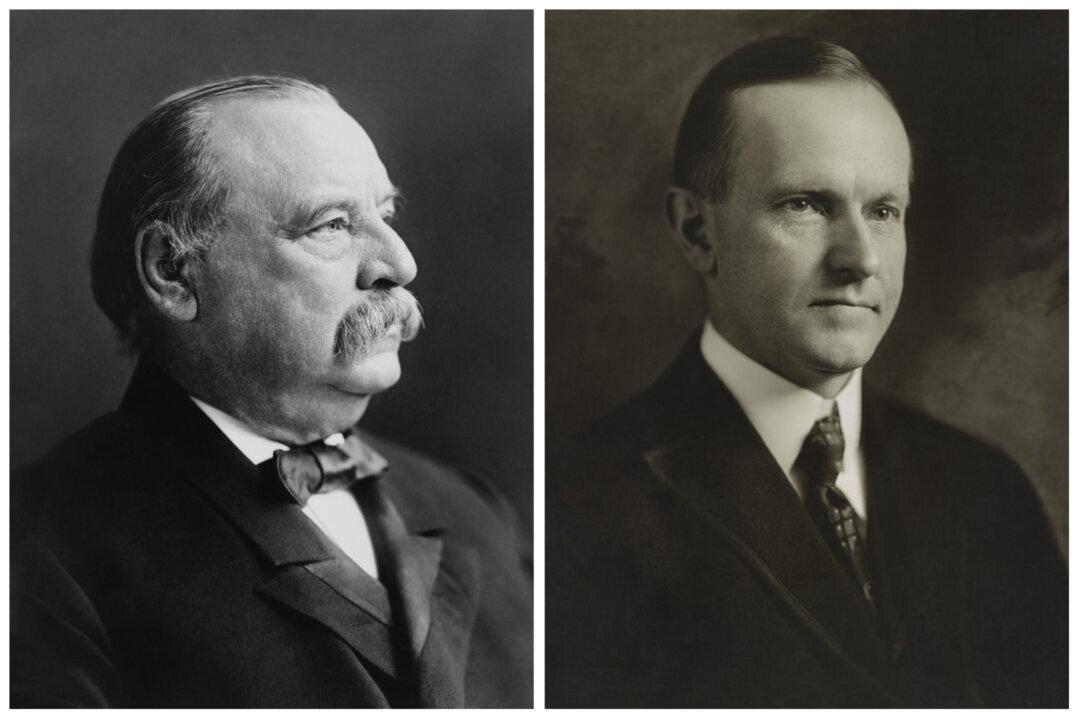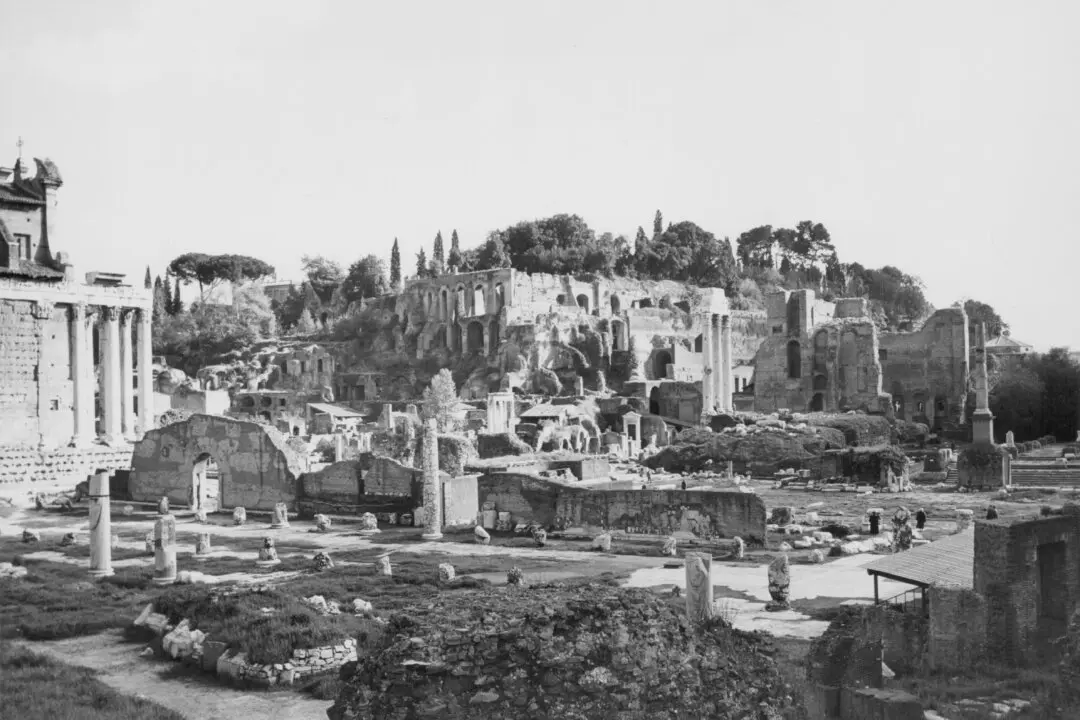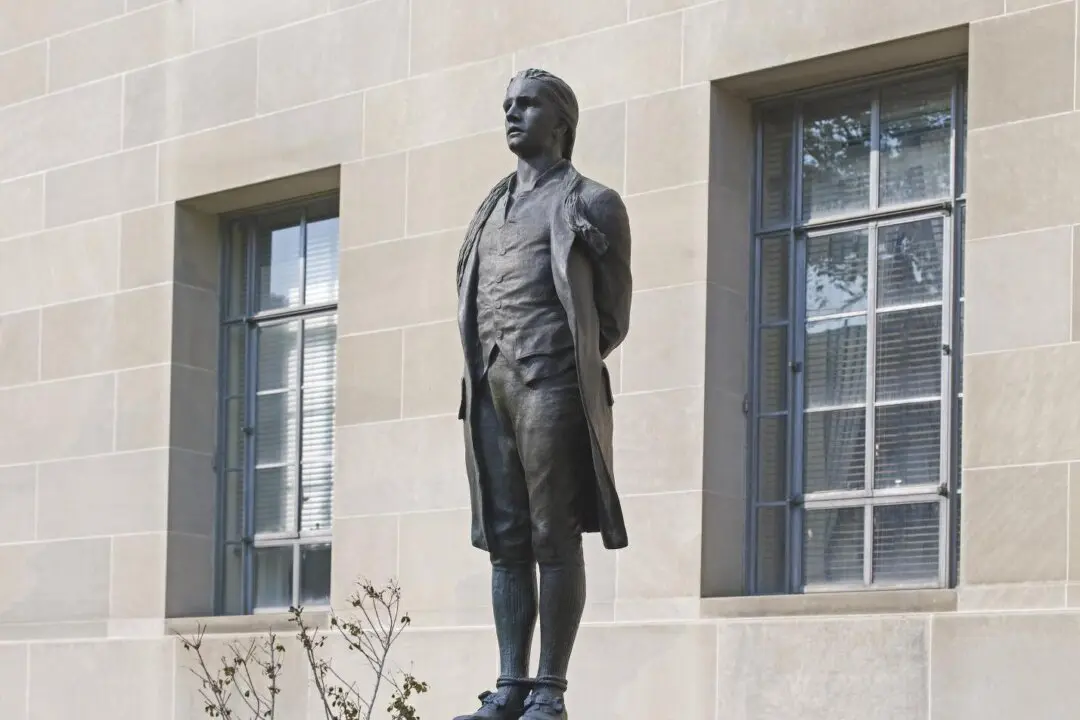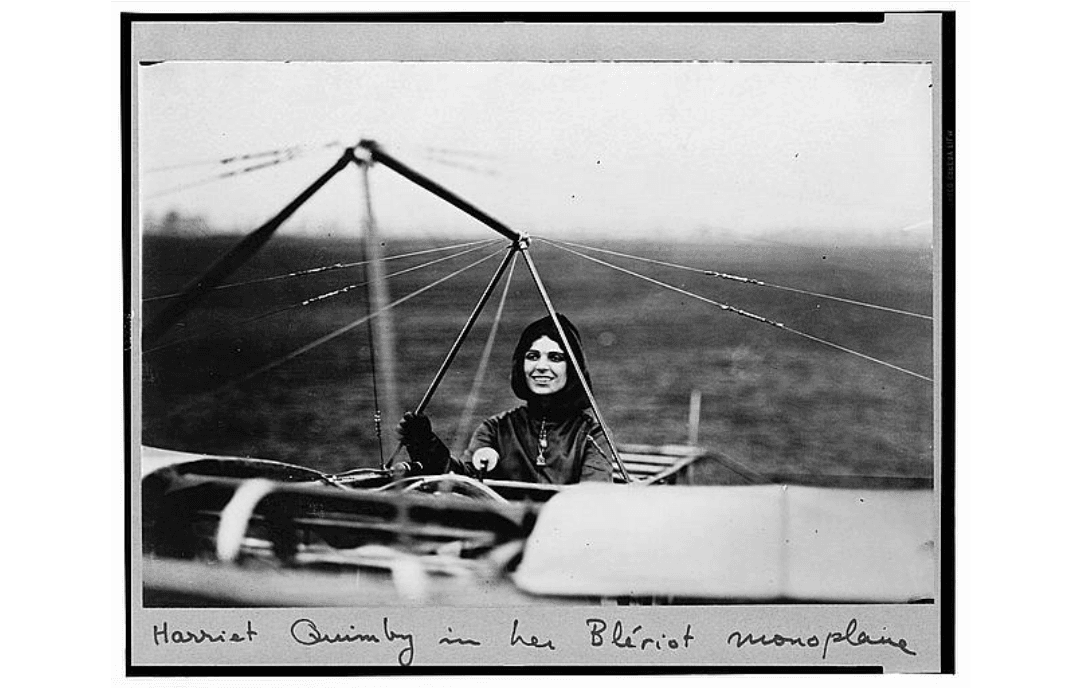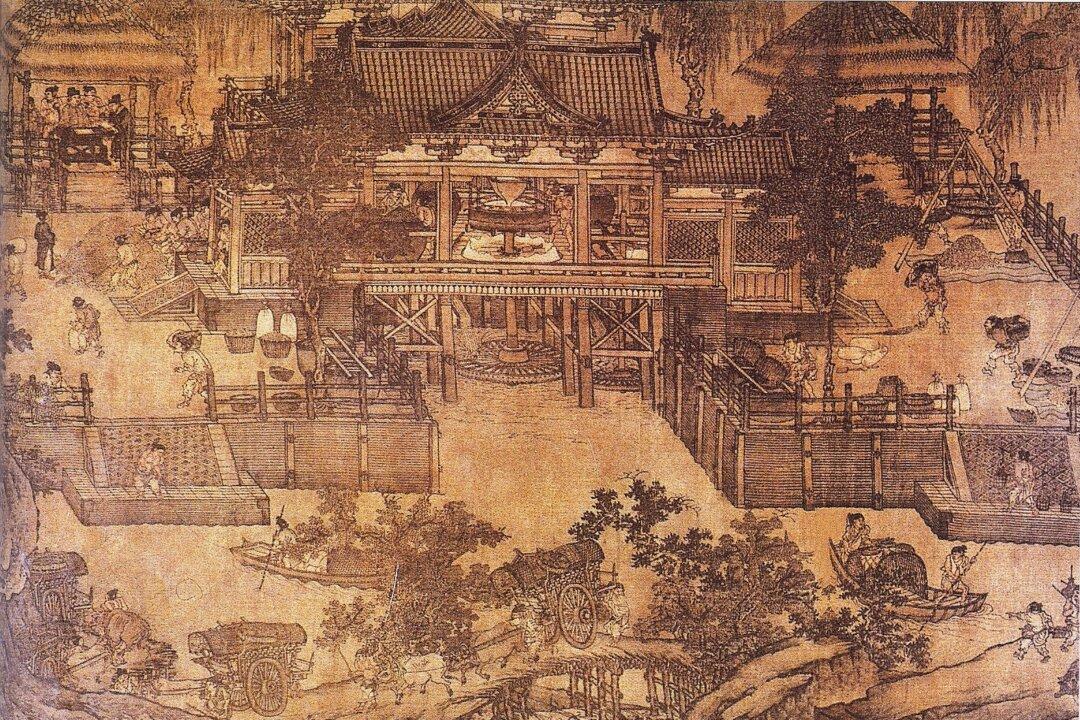“I favor the policy of economy, not because I wish to save money, but because I wish to save people. The men and women of this country who toil are the ones who bear the cost of the Government. Every dollar that we carelessly waste means that their life will be so much the more meager. Every dollar that we prudently save means that their life will be so much the more abundant. Economy is idealism in its most practical form.”—President Calvin Coolidge, Inaugural Address, March 4, 1925.
In August 2023, when we mark the centennial of Coolidge’s ascendance to the presidency upon the unexpected death of Warren Harding, we should celebrate his devotion to economy in government—and not just that he talked about it, but mainly because he delivered on it.

